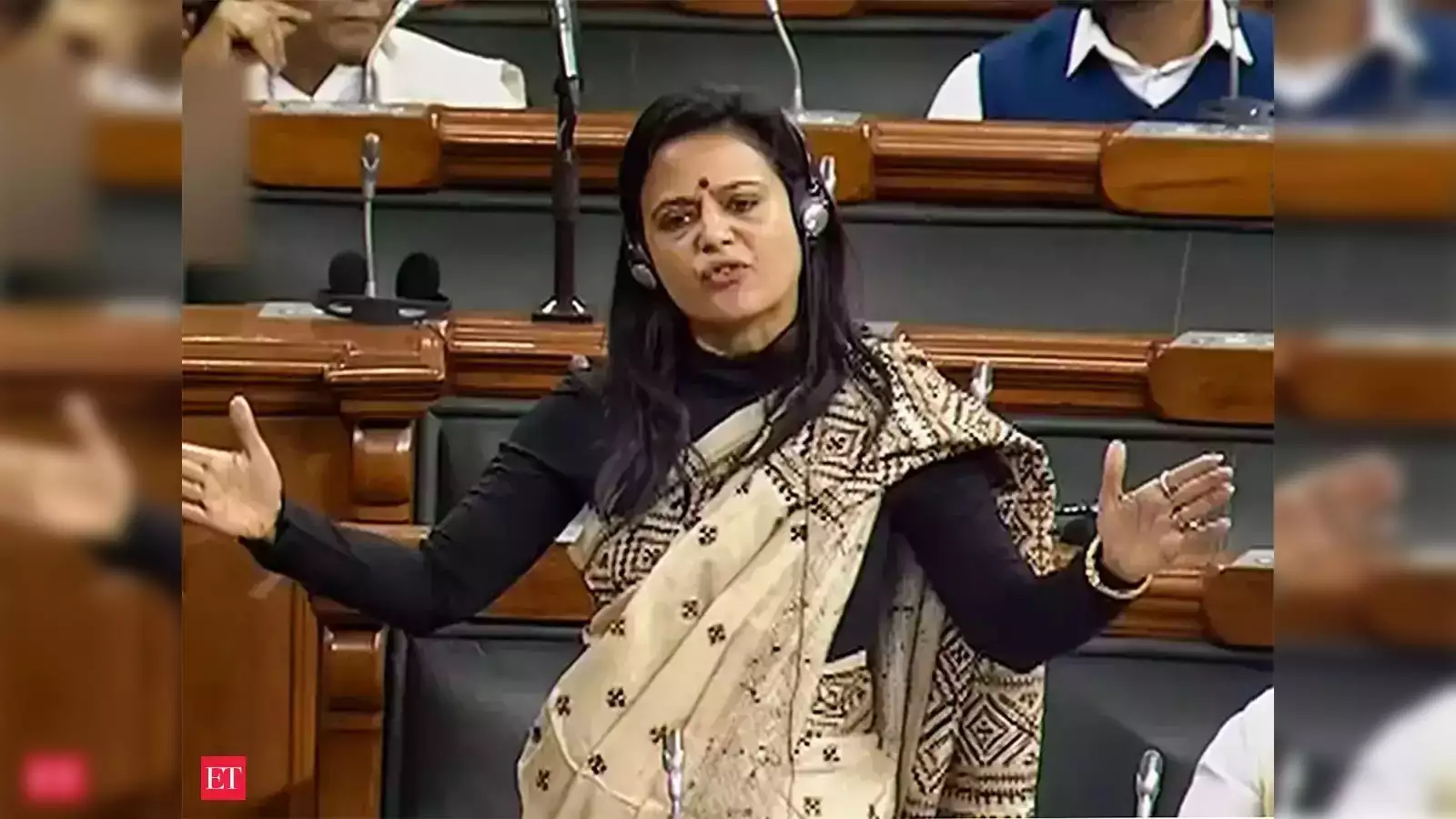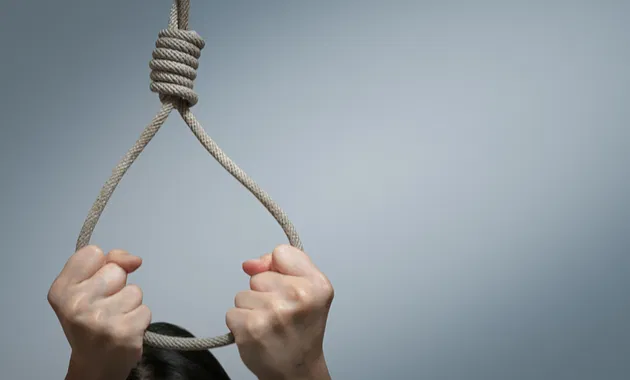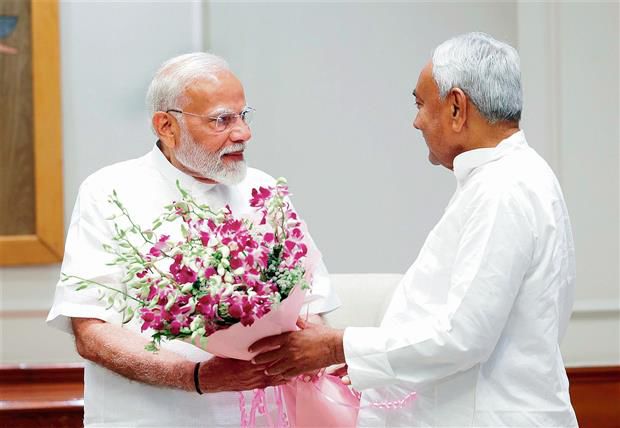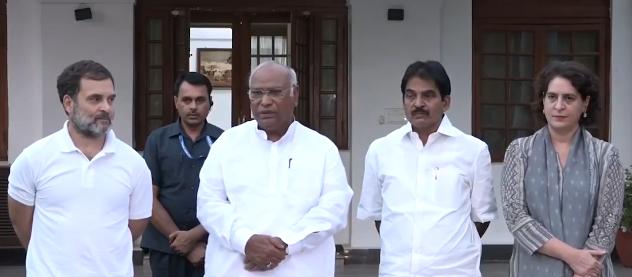Mahua Moitra Rekha Sharma controversy, where Mahua Moitra’s derogatory remarks about NCW chairperson Rekha Sharma sparked national debate. Read about the reactions, legal implications, and public discourse surrounding this contentious issue.
New Delhi, July 8, 2024: The Mahua Moitra Rekha Sharma controversy has erupted into a significant political firestorm, drawing widespread condemnation and sparking debates on women’s dignity and political discourse. Trinamool Congress (TMC) leader Mahua Moitra’s derogatory remarks about National Commission for Women (NCW) chairperson Rekha Sharma have become a focal point of intense scrutiny and criticism.
Incident and Immediate Reaction
The controversy unfolded when Moitra commented on a viral video posted on X, which depicted Sharma’s arrival at the site of a tragic stampede in Hathras, Uttar Pradesh. In her comment, Moitra wrote, “She is too busy holding up her boss’ pyjamas,” referring disparagingly to Sharma. The comment quickly gained traction on social media platforms, drawing sharp reactions from various quarters.

NCW Takes Suo Moto Cognizance
In response to Moitra’s remarks, the NCW took suo moto cognizance and demanded stringent action. They issued a statement condemning Moitra’s comments as “crude, outrageous, and a violation of a woman’s right to dignity.” The NCW cited Section 79 of the Bharatiya Nyay Sanhita, 2023, asserting that such remarks warrant legal action. They called for an FIR to be filed against Moitra and requested a detailed action report within three days.
Moitra’s Response and Defiance
Moitra, known for her outspoken demeanor, responded swiftly on social media. She challenged the NCW’s actions and urged the Delhi Police to act promptly on their directives. “Come on @DelhiPolice, please take action immediately on these suo moto orders. Am in Nadia in case you need me in the next 3 days to make a quick arrest. I Can Hold My Own Umbrella,” Moitra tweeted defiantly.
BJP’s Call for Accountability
The Bharatiya Janata Party (BJP), in strong opposition to Moitra’s remarks, demanded severe repercussions. BJP national spokesperson Shehzad Poonawalla condemned Moitra’s comment as “extremely indecent, objectionable, and shameful,” highlighting it as reflective of broader issues within the TMC and the opposition INDI bloc. Poonawalla criticized Moitra for her alleged silence on previous contentious issues and called for her expulsion from the TMC.
Poonawalla’s critique extended beyond Moitra, questioning the silence of other political leaders on the matter. He called upon leaders from various parties, including the Congress and the Aam Aadmi Party (AAP), to speak out against such derogatory remarks and uphold principles of respect and dignity.
Political Fallout and Public Reaction
The Mahua Moitra Rekha Sharma controversy has not only exposed fault lines within political circles but has also triggered a broader discourse on gender sensitivity and accountability in public discourse. Social media platforms have been flooded with debates, with hashtags like #RespectWomen and #PoliticalEthics trending.
Public opinion remains divided, with some defending Moitra’s right to free speech while others criticize the disrespectful nature of her comments. Local and national media continue to cover the story extensively, reflecting public interest and concern over the conduct of elected representatives.
The Mahua Moitra Rekha Sharma controversy underscores the importance of responsible communication by public figures and the repercussions of offensive remarks in the public sphere. As the NCW pursues legal action and political parties navigate the fallout, the incident serves as a reminder of the ongoing challenges in maintaining civil discourse and upholding ethical standards in political conduct.
Moving forward, the handling of this controversy will likely influence public perception of political accountability and the treatment of women in leadership roles. It remains to be seen how stakeholders will navigate the aftermath and whether this incident will prompt broader reforms in political discourse and behavior.
For further insights and comprehensive content, please visit our homepage



